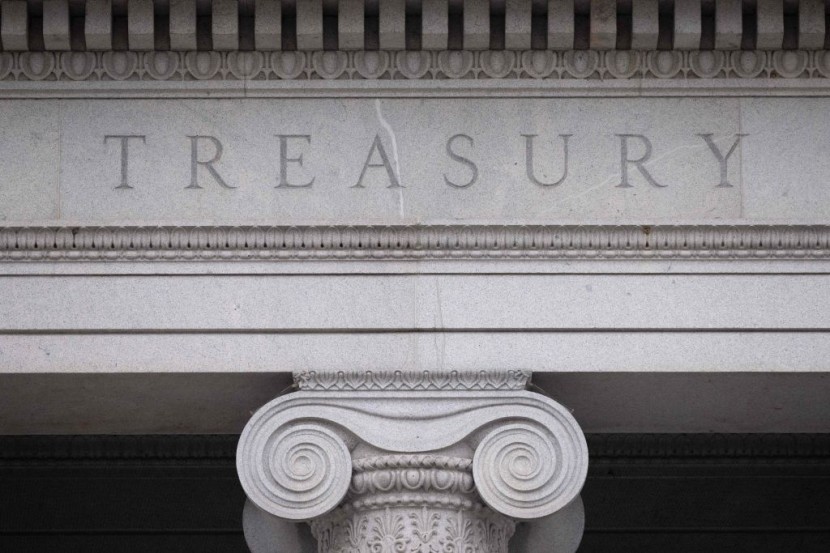The United States government has debt surpassing $34 trillion for the first time in history. On December 29, 2023, the "total public debt outstanding" increased to $34.001 trillion, according to data released by the Treasury Department.
The amount that the US federal government has accrued in outstanding borrowing throughout the course of its history is represented by that number, which is also called the national debt.
This major attainment occurred just three months after the US national debt soared beyond $33 trillion due to the ever-increasing fiscal deficit.
Maya MacGuineas, the head of the fiscal watchdog group Committee for a Responsible Federal Budget, characterized the record number as a depressing achievement.
In a report by CNN on Tuesday, January 2, she said that the US cannot stop borrowing despite the fact that the country's high debt levels pose risks to the economy and national security.

Political Deadlock
Republican and Democratic gridlock over the federal budget has escalated into frequent shutdown threats, and the national debt has emerged as a key topic of conflict. Republicans claim that the spending plans of President Joe Biden's administration are too costly, while Democrats contend that tax cuts favored by Republicans have reduced government income.
A spokesman for the White House, Michael Kikukawa, blamed the increasing number on the Republican Party's long history of favoring large businesses and wealthy individuals at the expense of struggling households via cutbacks to Medicare, Medicaid, and Social Security.
According to Kikukawa, Biden proposed an initiative to lower the deficit by $2.5 trillion by reducing excessive expenditure on special interests, such as giant pharmaceutical and oil firms, and by having the rich and businesses pay their fair amount.
US Credit Rating
The US credit rating has already taken a hit due to rising debt and political pandering, regardless of who is to blame.
In August of last year, credit rating agency Fitch lowered the US national debt rating to AA+ from AAA, and financial service firm Moody's issued a warning last November that it could also revoke America's last pristine AAA rating.
The highest issuer credit rating, AAA, indicates that the issuer has an exceptionally strong ability to fulfill its financial obligations.
The Senate passed a temporary funding package last November in order to prevent a government shutdown, and now lawmakers in Washington have deadlines for passing permanent department budgets in January and February.
Priorities, including the Energy Department, transportation, housing, veterans affairs, and military construction, have their budget extended until January 19 by that bill. Everything else in the government was covered up until February 2. Additional assistance for Israel or Ukraine was omitted.
"We remain hopeful that policymakers will take further measures to reduce our borrowing either by raising taxes, reducing spending, or creating a fiscal commission - or ideally by doing all of the above," MacGuineas stated.
© 2025 HNGN, All rights reserved. Do not reproduce without permission.








